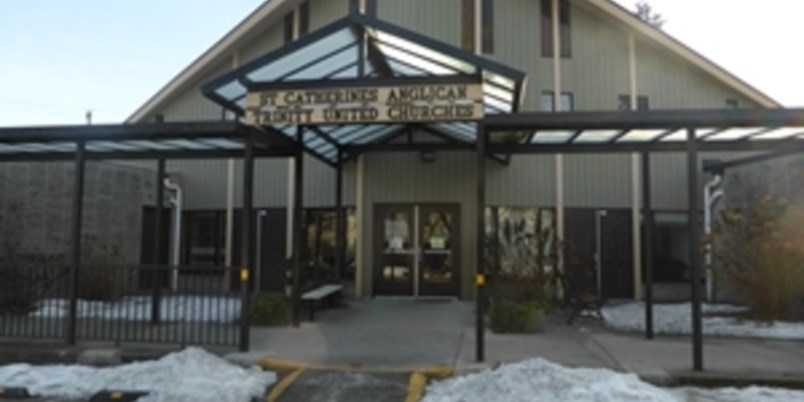It’s not easy living through this cold snap — you have to bundle up with extra layers, turn up the heat on your furnace, maybe scrape your car windows.
Now, imagine you are homeless.
Every day, your survival becomes a challenge and one bitterly cold night could result in a trip to the emergency room, or worse.
Thankfully, we have a year-round permanent shelter in Coquitlam offering 30 shelter beds and 30 transitional housing units for people who don’t have permanent housing.
But in recent years, the Tri-Cities' homeless numbers have continued to grow, requiring the provision of more services, especially in winter.
Since October, the Hope for Freedom Society has been offering sleeping mats at Coquitlam churches while in Port Coquitlam, Trinity United Church is providing 20 temporary mats when the weather is extreme or temperatures dip below zero.
These programs receive BC Housing funding to operate but what makes them a success is the volunteers who do the set-up and take-down, and make all the meals.
Sometimes, they also provide clothes, toothbrushes or other needed items and they always offer smiles and acknowledgement. Whatever the support, these efforts are making a difference.
As of last count, for example, housing was found for 29 people who used the Coquitlam and Maple Ridge bridge shelters, and a number of people also decided to deal with their addiction. Clearly, then, these temporary shelters are making a difference in people’s lives.
Could more be done?
Yes, there should be more help and less stigma for people in poverty. A winter warming centre is needed for people who have to leave these temporary shelters during the day. As well, Income supports could be higher for people on welfare and more supportive housing could be made available for those who need it. Mental health services need to be expanded, early intervention provided for children in school so they get off on the right foot and more recovery and detox programs could be made available.
But while these additional supports are important, housing is a first priority and these church-based programs, although temporary, appear to be an important conduit between homelessness and housing.
We also need to acknowledge the hard work of volunteers who make these programs happen, and the outreach staff and churches that provide the warm place to stay in this frigid time of need.



